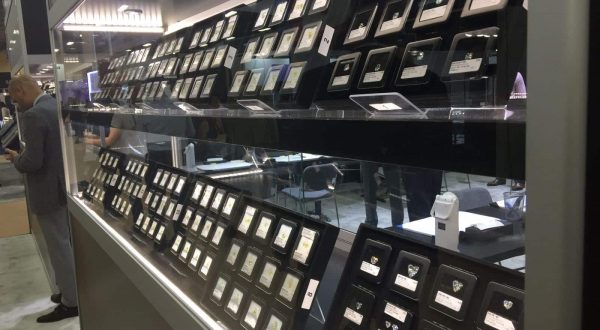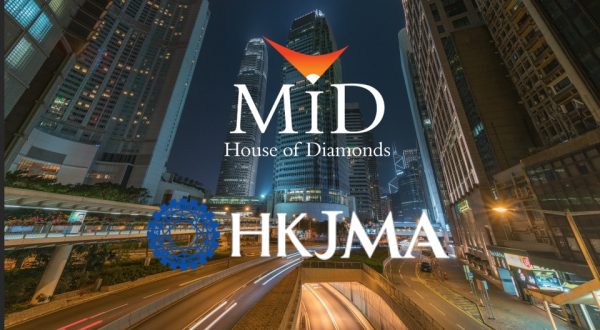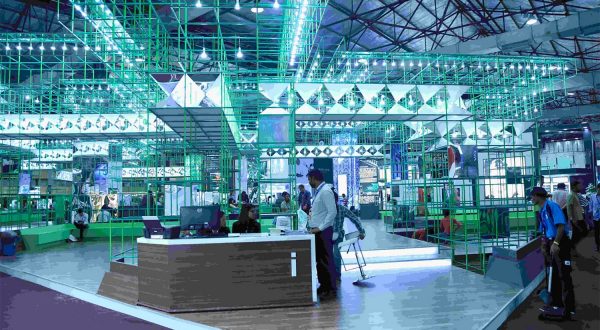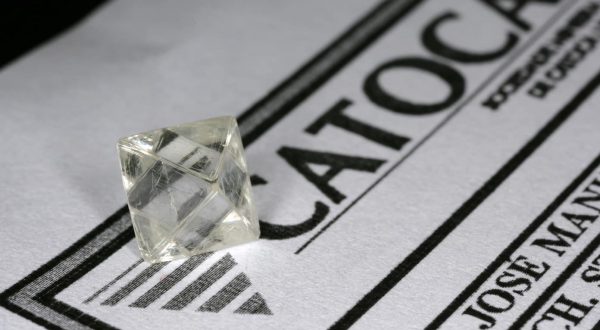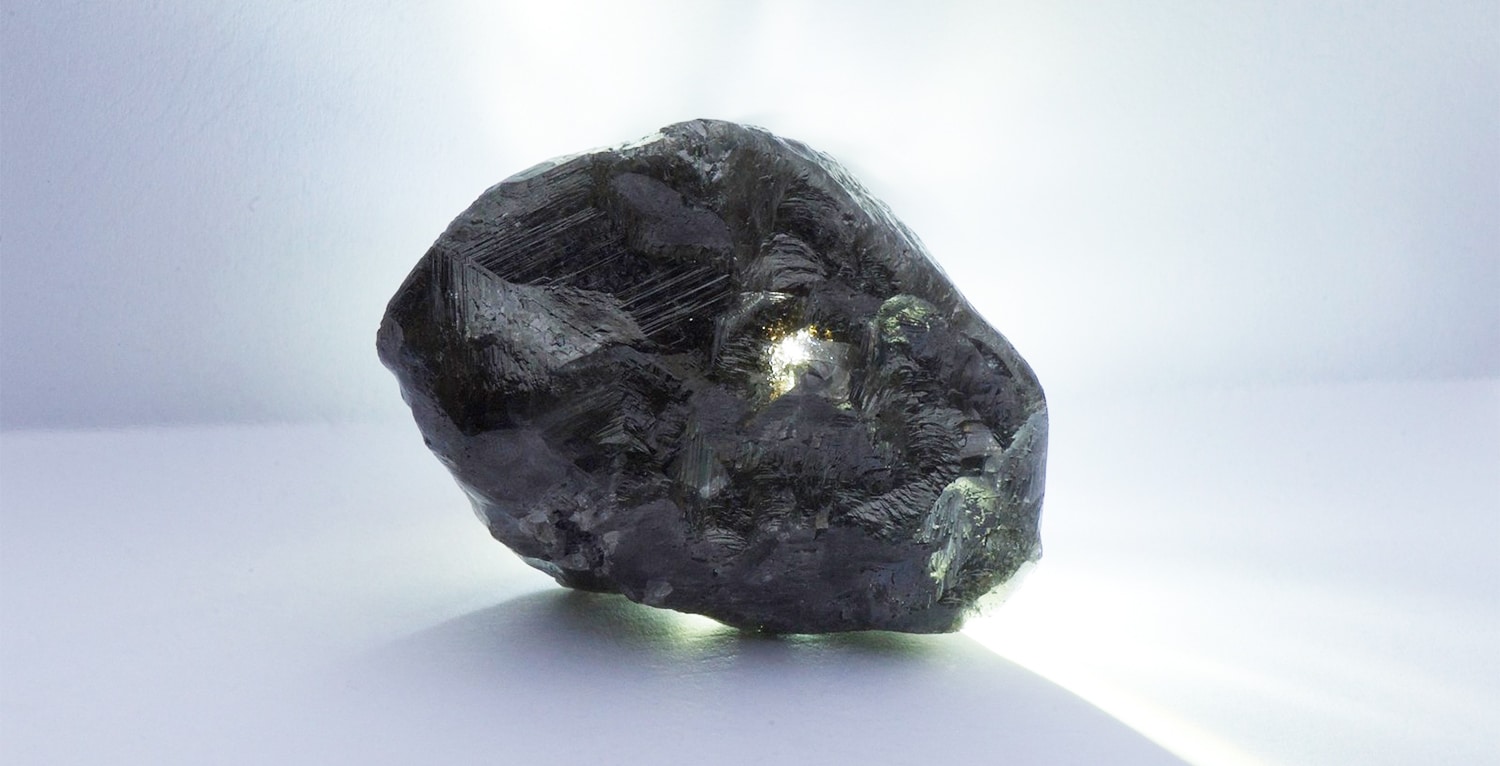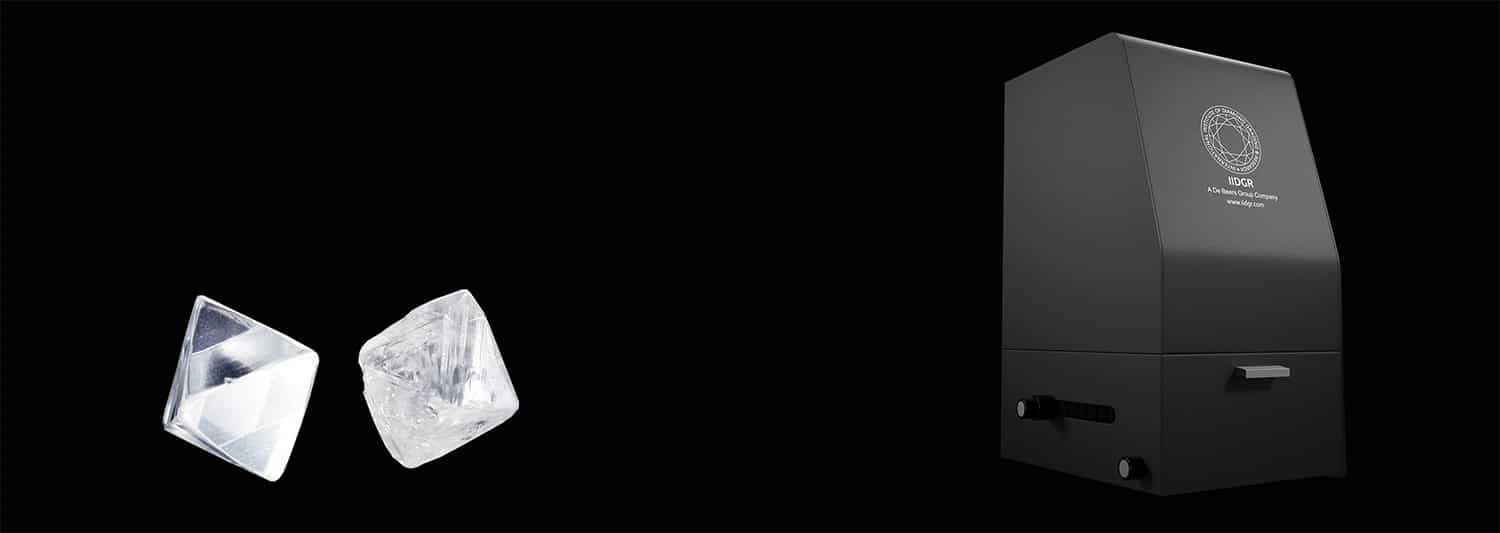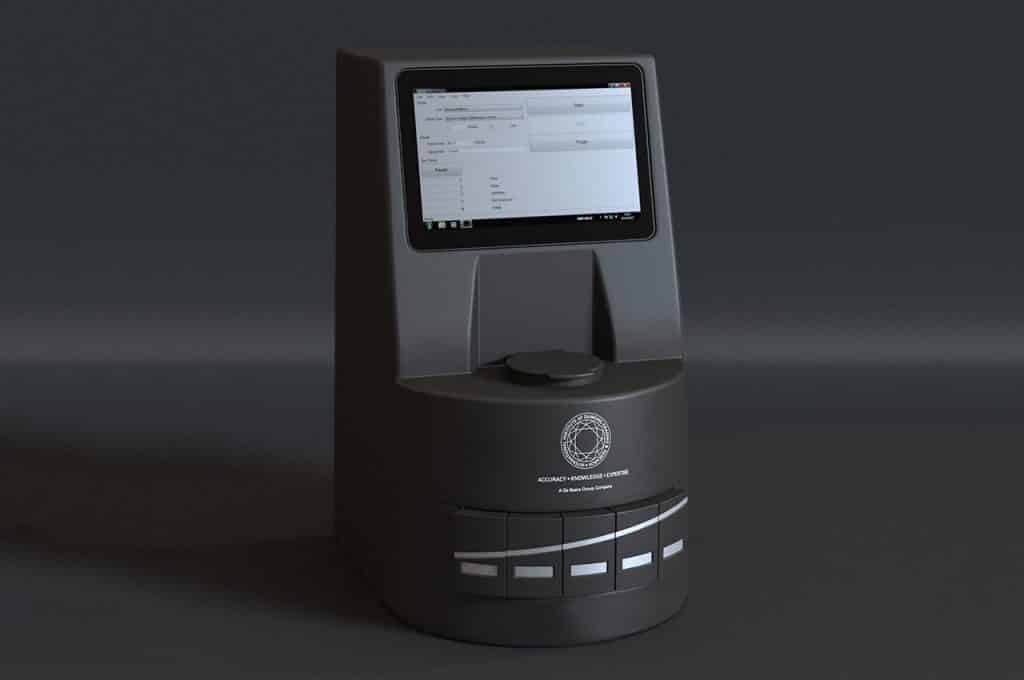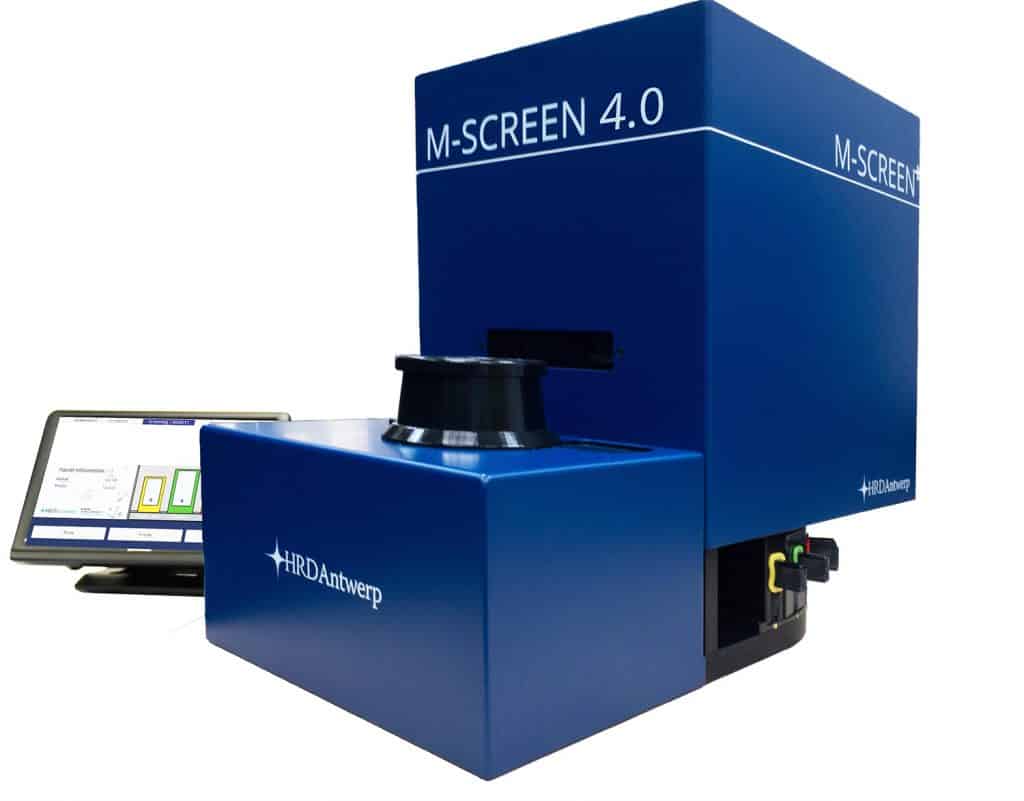The AMS2, AN automated melee screening machine, developed by the International Institute of Diamond Grading & Research (IIDGR), a De Beers subsidiary. It will check for synthetics and simulants among stones as small as 0.003 carats, and can check up to 3,600 stones per hour.
- About MID
- Search Diamonds
- White Diamonds
- Fancy Colored Diamonds
- Loose Diamonds
- shows
You are cordially invited to join us at Hong Kong In Asia World Expo Fair 2024:
As it does at all three of the major Hong Kong shows, MID House of Diamonds will mount a massive display of merchandise at the In Asia World Expo 2024 featuring a large collection of white and fancy-colored loose diamonds, including blue, pink, green and yellow, in all shapes and sizes from 0.30 carats to plus-10.00 carats.
All eight of the company’s international sales offices will be sending much of their top-quality material to the show, among them a selection of rare GIA certified loose diamonds. Also on exhibition will be a collection of unique, high-end diamond jewelry, including rings, necklaces, bracelets and earrings, featuring white and fancy-colored diamonds.
MID House of Diamond booth will be located at the AsiaWorld Export, Booth 7P14, September 2024. It already is possible to set up an appointment with MID at the show by contacting the company’s Hong Kong office, led by Rafael Kish and Ehud Gavrielov, at tel: +852-2-545-7118 or email: [email protected].
Please call +852-2-545-7118 or send us an email at [email protected] to schedule an appointment or to request a copy of our latest custom design catalog.3in4
more trade shows
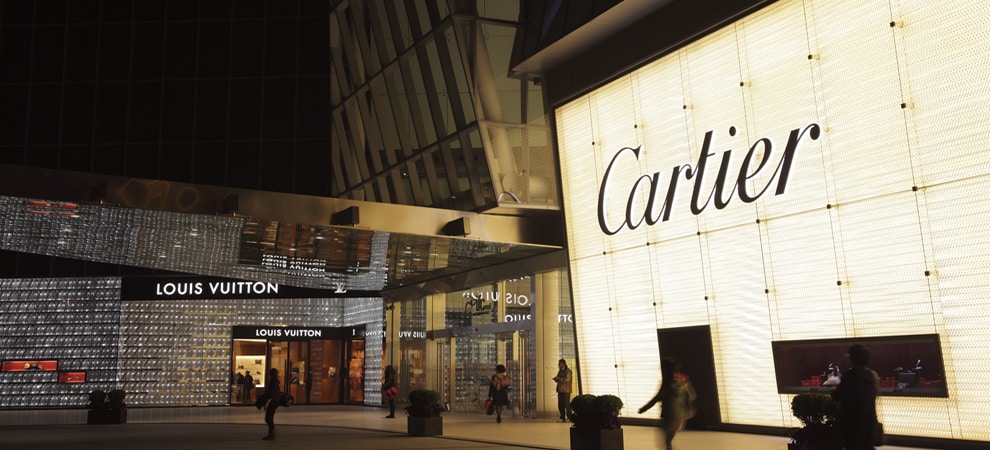 Play Video
Play Video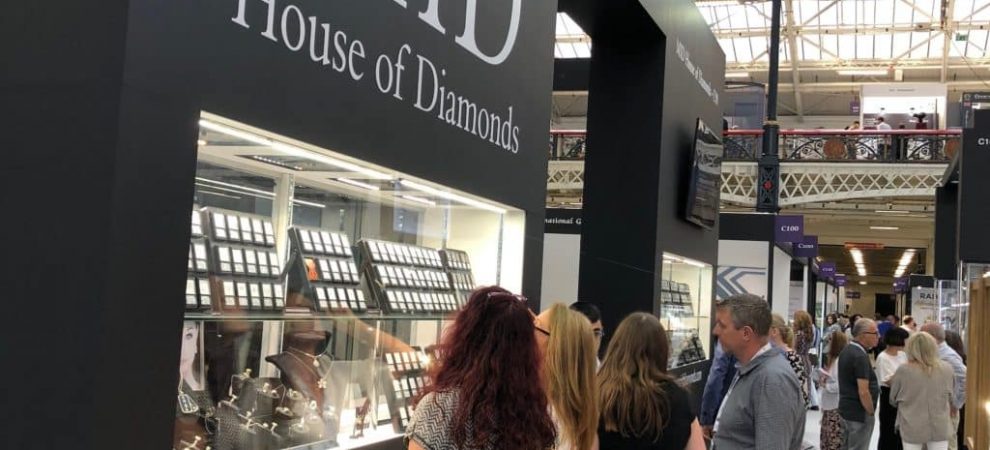 Play Video
Play Video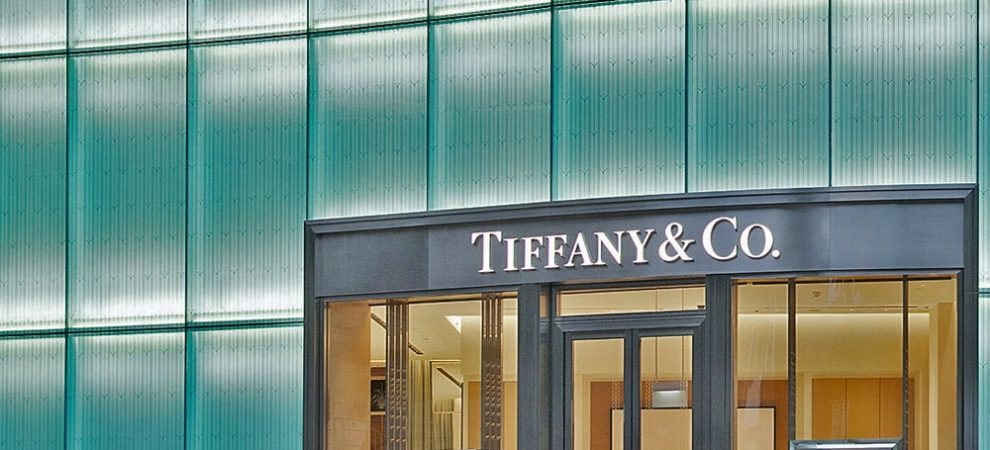 Play Video
Play Video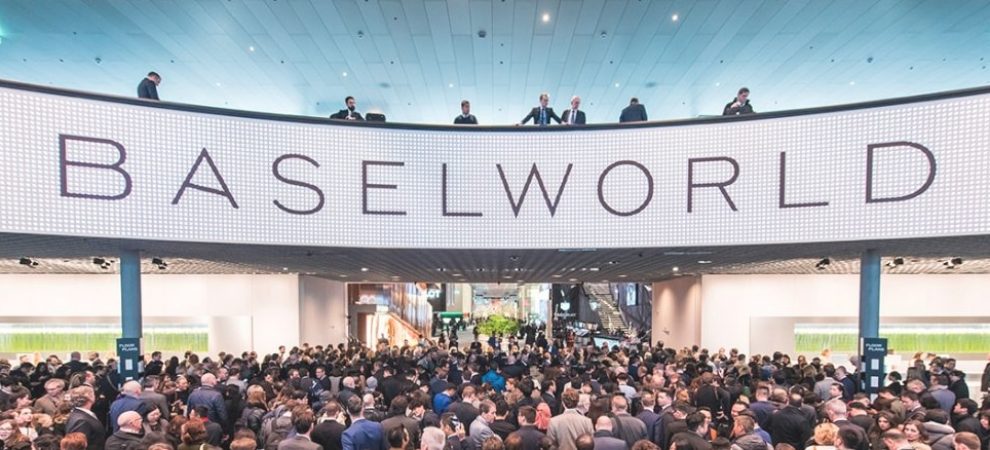 Play Video
Play VideoGLIMPSE FROM our trade SHOWs…
Play VideoJCK 2019 LAS VEGAS SHOW
MID House of Diamonds will be among the exhibitors at the June 2020 JCK Vegas Show. Come say Hi!
Play VideoHK SEPTEMBER SHOW
Lorem ipsum dolor sit amet conse ctetur adipisicing elit.
Play VideoHK NOV SHOW
Ipsum dolor sit amet conse ctetur adipisicing elit, sed do eiusmod tempor incididunt.
Play VideoHK MARCH SHOW
Dolor sit amet conse ctetur adipisicing elit, sed do eiusmod tempor.
- BLOG
FROM OUR BLOG
INVITATION-ONLY CENTURION SHOW IN PHOENIX SET TO OPEN ARIZONA’S ANNUAL GEM SHOW FORTNIGHTAs it does it each year, through the end of January and the first two weeks of February the Arizona desert will attract gemstone and jewelry buyers from around the world. They are drawn into the western U.S. state not only by the generally sunny winter weather, but also by a series of trade shows, ranging from high-end events to displays literally arranged on the backs of trucks.RECENT
BOTSWANA TAKING STAKE IN ANTWERP DIAMOND COMPANY, COULD PROVIDE STRATEGIC ALTERNATIVE TO DE BEERS
The government of Botswana has announced its intention to take a 24 percent stake in a Belgian-headquartered diamond company, HB…FOCUS
AS BOTSWANA’S SALES AGREEMENT WITH DE BEERS SET TO EXPIRE, COUNTRY’S PRESIDENT SUGGESTS ALL OPTIONS ARE ON TABLE
Sometime during the coming few weeks or months, the government of Botswana and De Beers are expected to announce a…WORLD’S MOST VIVID PINK DIAMOND TO GO ON BLOCK, COULD BRING IN $35 MILLION OR MORE
Weighing 10.57 carats and called the Eternal Pink, the stone is estimated to be worth more than $35 million. It… - resources
- ContactAddress:
580 5th Ave #3003, New York, NY 10036
Phone:+1-212-391-1121
Free:+1-877-391-1121
E-mail:
